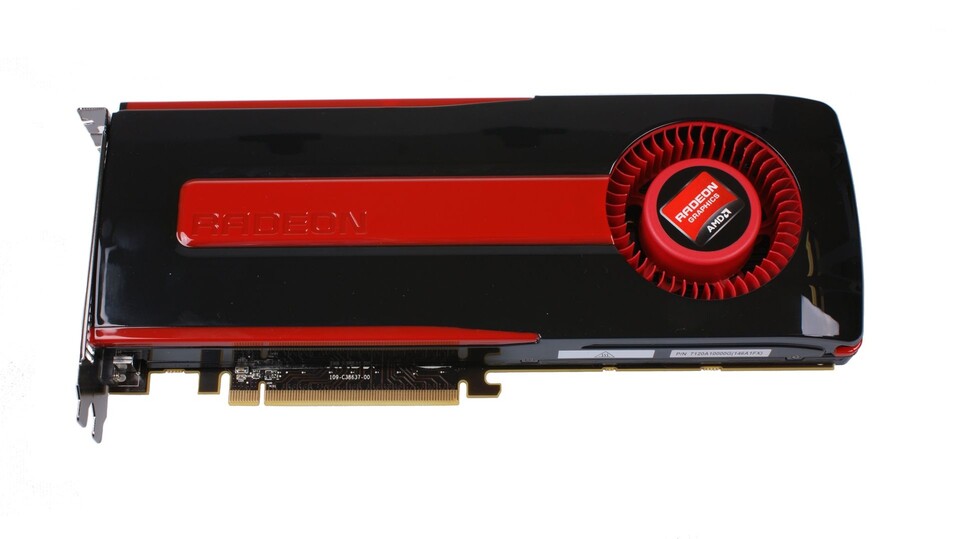Lautstärke und Stromverbrauch

Während mehr Leistung nie schadet, führen höhere Taktfrequenzen und Versorgungsspannungen aber in der Regel zu einem höheren Stromverbrauch, so auch bei unserem Testmodell mit neuem Bios und 1,25 statt 1,125 Volt. ImTest der Radeon HD 7950 lärmt die Karte bereits mit lauten 3,7 Sone, und die Temperaturen bleiben mit 78°C nur knapp unter der Grenze von 80°C.
Durch die Spannungserhöhung klettert auch die Temperatur nach oben, im Test erreichte die HD 7950 Boost bis zu 81°C. Allerdings muss der Lüfter deutlich schneller drehen als zuvor und gibt jetzt nicht mehr zu ertragende 4,1 Sone von sich! Natürlich gilt diese Extrem-Lautstärke nur für Karten mit Referenzdesign, aber der Trend ist klar. Auch der Stromverbrauch wird von den zusätzlichen Megahertz beeinflusst. So zieht unser Testsystem mit der Radeon HD 7950 Boost mit 288 Watt wesentlich mehr Strom aus der Steckdose als die Original-Radeon (270 Watt). Unterm Strich arbeitet die Geforce GTX 660 Ti wesentlich energieeffizienter.
Lautstärke
in Sone
- Volllast
- Leerlauf
- 0,0
- 1,4
- 2,8
- 4,2
- 5,6
- 7,0







Nur angemeldete Benutzer können kommentieren und bewerten.
Dein Kommentar wurde nicht gespeichert. Dies kann folgende Ursachen haben:
1. Der Kommentar ist länger als 4000 Zeichen.
2. Du hast versucht, einen Kommentar innerhalb der 10-Sekunden-Schreibsperre zu senden.
3. Dein Kommentar wurde als Spam identifiziert. Bitte beachte unsere Richtlinien zum Erstellen von Kommentaren.
4. Du verfügst nicht über die nötigen Schreibrechte bzw. wurdest gebannt.
Bei Fragen oder Problemen nutze bitte das Kontakt-Formular.
Nur angemeldete Benutzer können kommentieren und bewerten.
Nur angemeldete Plus-Mitglieder können Plus-Inhalte kommentieren und bewerten.